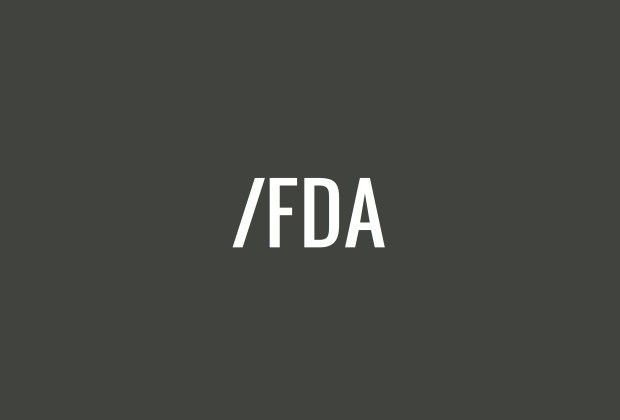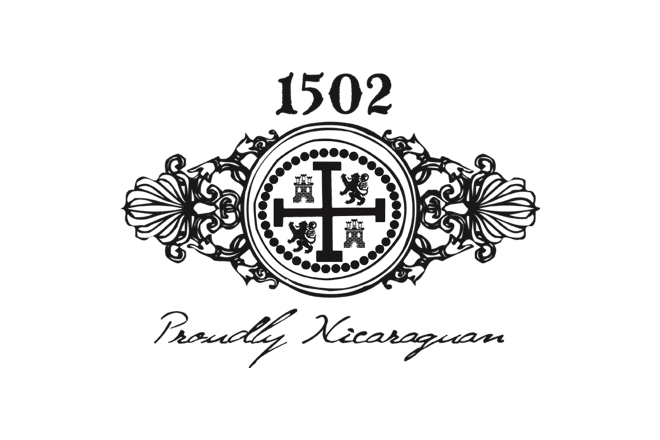Next Thursday, the National Academy of Sciences, Engineering, and Medicine (NASEM) will release its much anticipated report on premium cigars, which will set the stage for the future of cigar regulations in the U.S.
A panel will unveil Premium Cigars: Patterns of Use, Marketing, and Health Effects, a report commissioned by the U.S. Food & Drug Administration (FDA) and the National Institutes of Health as part of a lawsuit against FDA filed by three cigar trade groups. While not binding, FDA is expected to evaluate the report and use it to determine whether the agency has created a proper set of rules for premium cigars and whether premium cigars should be regulated differently than other tobacco products.
Five of the report’s authors will participate in a webinar at 11 a.m. EST on March 10, the same time that the report will be published.
The NASEM panel was commissioned following a proposal from FDA in Cigar Association of America et al. v. United States Food and Drug Administration et al., i.e. the Washington, D.C.-based federal lawsuit filed by three cigar groups against FDA.
In August 2020, just as premarket requirements were set to go into effect for cigars, pipe tobacco and other products, the plaintiffs in Cigar Association argued in federal court that FDA had not properly evaluated whether its one-size-fits-all approach to regulating cigars, pipe tobacco, hookah tobacco, e-cigarettes and others was appropriate for premium cigar regulation. More specifically, the plaintiffs argued that the agency had failed to do enough research on the issue, something that is required by law.
At the time, it seemed likely that Judge Amit P. Mehta was ready to rule against FDA in at least some parts of its argument, so the agency proposed a different way forward. It would suspend the premarket approval process, i.e. substantial equivalence, for “premium cigars” until after it further studied the issue. This would mean cigar companies wouldn’t have to spend the resources required for product approval, while FDA further evaluated the issue. The established definition of “premium cigar” covered most premium cigars sold in humidors, though excluded any flavored cigars. It’s possible that the NASEM could create a new definition of “premium cigar,” as one of the things it was asked to specifically study was the definition of “premium cigar.”
Given the plan was approved 20 days before these applications were due, it likely didn’t save cigar companies much money, though it did create a gray area where companies could introduce new cigars without issue from FDA. It also created a chance that FDA might decide to enact an easier set of rules for premium cigars.
The prospects of less regulation of premium cigars always seemed like an uphill battle. After all, FDA’s Center for Tobacco Products—a government agency whose job it is to regulate tobacco products—had already come up with the set of regulations once, it’s always seemed more likely FDA would reaffirm its previous rules rather than take a different path. The court case and ruling largely related to whether FDA had the evidence to enact what it had proposed and whether it had gone through the appropriate process, not whether the outcome itself was legal.
It’s also worth pointing out, FDA isn’t bound by what the report says. The court order simply required the agency to study the issue further, not agree to change its plans or even adhere to the recommendations from the report.
That being said, if the report suggests that premium cigars pose little danger, are different than other types of tobacco products, and don’t warrant the same sort of scrutiny, FDA could have a more difficult time defending its regulations in court. A brief preview from NASEM—which commissioned a panel of health researchers to study the issue—suggests the report is likely to be comprehensive and only the start of further studying of the issue(s).
In an email promoting the event, the contents of the report were previewed:
This new report examines four premium cigar topics: product characteristics, patterns of use, marketing and perceptions, and health effects. The resulting report includes 13 findings, 24 conclusions, and nine priority research recommendations for federal support.
What FDA does next will remain the more pertinent and practical concerns for the cigar industry. There is no timeline about when FDA will need to make a decision about premarket approval for cigar products.



